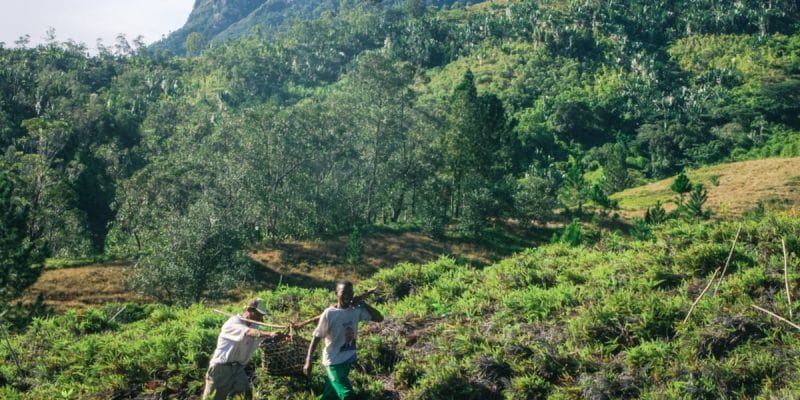The UNDP has just granted nearly €221,000 to 7 Togolese NGOs. This new funding, intended for environmental protection, brings to €2.3 million the total amount allocated over the past 10 years by UNDP to ecology in Togo.
Ecological action receives new support in Togo. Seven civil society organisations working in environmental protection have received funding from the United Nations Development Programme (UNDP). The financing agreements were signed on the 9th of January 2019 in Lomé, the Togolese capital, during a ceremony presided over by Mactar Fall, UNDP’s resident representative in Togo.
“The environment remains a priority on which we will continue to work to ensure that in the next five years we meet even more challenges,” said the UNDP representative in Togo. The approximately €221,000 in grants, equivalent to 145 million CFA francs, are intended to support innovative community initiatives that can contribute to the conservation, restoration and sustainable use of natural resources as a means of combating poverty and strengthening people’s resilience to the adverse effects of climate change. These funds will also enable beneficiary organisations to combat climate change, land degradation, desertification, chemicals and hazardous waste.
These grants are part of the GEF microfinance programme
The targeted projects will cover all regions of Togo, and will extend over a period of 2 years. According to Kabissa Lamboni, coordinator of the Women and Development Network (dubbed REFED in French), one of the 7 beneficiary organisations, this funding will make it possible to popularise the creation of community forests, as well as the use of the Casamance wheel with the carbonizers of Nayéga-centre and Djimon, in order to reduce the amount of wood used to make coal.
These grants, which bring to nearly €2.3 million the total amount released in 10 years by UNDP for environmental protection in Togo, are also part of the Global Environment Facility’s micro-financing programme, the GEF/MFP.
Initiated in 1992, the GMP/GEF is financed by the Global Environment Facility, implemented by UNDP. It is a financial mechanism that aims to find local solutions to global environmental problems. It is exclusively intended for civil society organisations (NGOs, development associations, community-based organisations), to which it provides technical and financial support for the implementation of community projects, which may contribute to the sustainable management of natural resources and the protection of the environment. It is currently operational in 122 countries. At the end of its fourth operational phase in 2010, the Programme funded more than 14,000 community projects.
Boris Ngounou







